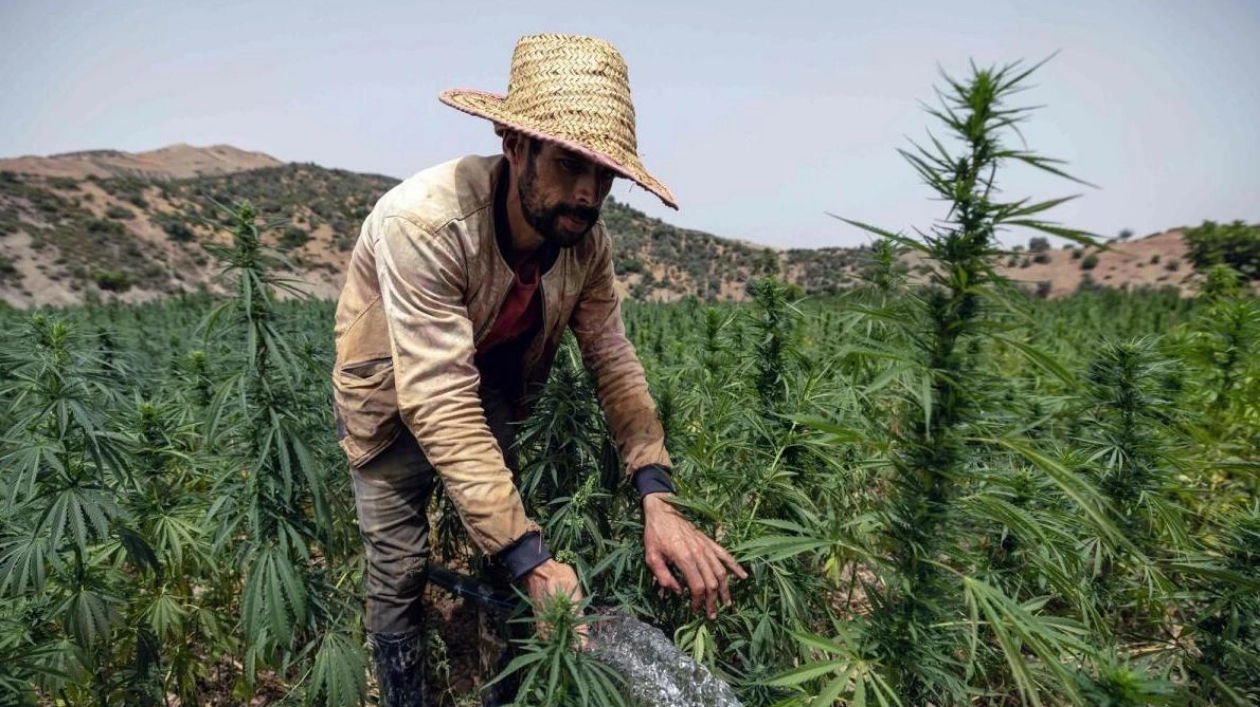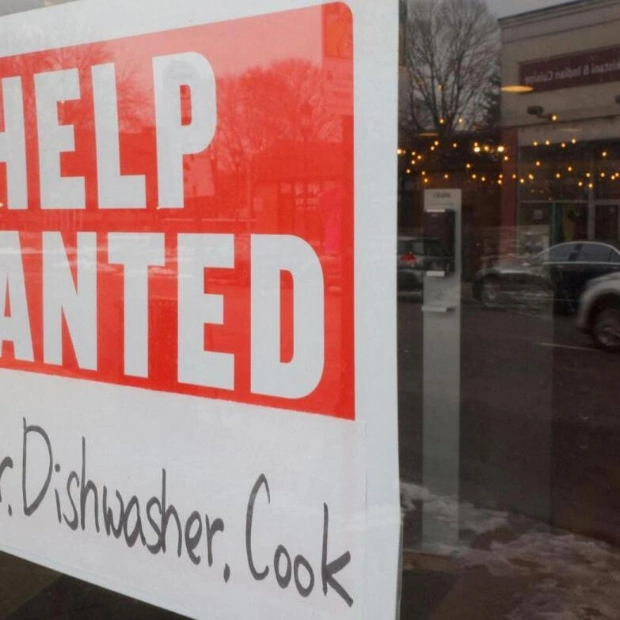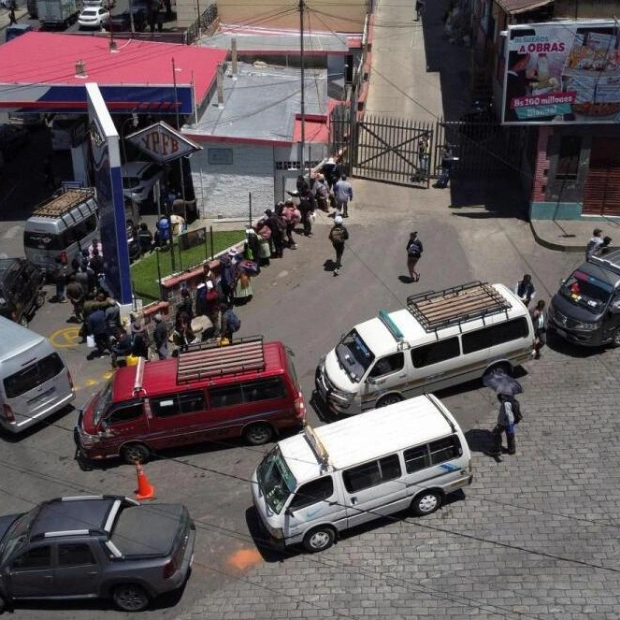Just two years ago, Abdesselam Ichou started legally cultivating cannabis in Morocco, following the country's legalization for medicinal and industrial purposes in a poverty-stricken area. Now, he is part of a growing number of legal cultivators whose operations have expanded significantly, impacting Morocco's long-standing illegal cannabis trade, which is the largest in the world according to the United Nations. In 2021, Morocco enacted a law permitting the cultivation of cannabis for medical and industrial uses in the Rif region, historically a significant source of illegal hashish smuggled into Europe.
"I never thought I'd grow cannabis without the constant fear of arrest, theft, or being unable to sell my crop," said Ichou, 48. "Now, we operate openly and with dignity," he added, proudly displaying his crops in Mansoura, Chefchaouen, one of the three provinces where such cultivation is legal for non-recreational purposes. Morocco's legalization aims to combat drug trafficking and enhance farmers' livelihoods, supporting up to 120,000 families in the region who have relied on cannabis cultivation for centuries.
Last year's legal harvest yielded 296 tonnes, according to ANRAC, Morocco's cannabis regulatory body. For Ichou, this translated to a record harvest of nearly eight tonnes on one hectare, providing a more stable income compared to illegal cultivation. He sold his crop for 80 dirhams per kg, grossing $64,000, prompting a Moroccan firm to invest in two additional hectares for the next harvest. In 2023, Ichou was the sole legal cannabis grower in his village; this year, there are about 70.
In the Rif provinces of Chefchaouen, Hoceima, and Taounate, the number of legal cannabis farmers surged from 430 to 3,000 within a year, with the legal cultivation area expanding nearly tenfold from 286 hectares in 2023 to 2,700 hectares in 2024. However, this is dwarfed by the 55,000 hectares illegally cultivated in 2019. The crackdown on illegal trade reduced annual revenues from around $540 million in the early 2000s to nearly $350 million in 2020.
Said El Gueddar, 47, another legal grower, expressed initial apprehension but now sees legalization as the correct path. He belongs to a cooperative and harbors hopes for a better future compared to the uncertainty of illegal cultivation. After relying on imported seeds, the local drought-resistant beldia variety will be harvested for the first time in August, a significant development given Morocco's ongoing drought.
Ichou and other farmers have formed a cooperative to promote the local variety on over 200 hectares. ANRAC has issued over 200 permits for industrial cannabis use, including processing, seed importation, and export. Aziz Makhlouf capitalized on this by establishing Biocannat, a cannabis processing factory in Bab Berred, employing 24 people.
While cannabis regulation is gradually building a reliable economy, integrating the illegal sector remains challenging due to its established market. Legal growers could achieve a 12-percent turnover compared to four percent in the illegal market. Currently, the priority is to improve the lives of those economically dependent on cannabis, aiming to bring them "out of the shadows... towards the light," according to Mohamed El Guerroudj, head of ANRAC.






